Eleven high school juniors are attached to a plow, substituting their human-power for the horse-power normally provided by Bob, our Suffolk Punch draft horse.

The students plant their feet, lean forward, and haul with all their might. The plow moves ten feet, then ten more, before the students drop the rope with a collective groan of defeat. This is all part of Literature and the Land, Maine Coast Semester’s signature English course.
“It’s incredibly hard,” says Corey Klein from Bath, Maine. “I had no idea how physically hard plowing is for both the horse and the farmer. This really helped me understand how challenging farming is.”

Klein and his fellow students had the opportunity to watch Bob and the farmers plowing before they try it themselves. They hear about various kinds of plowing, soils, and this farm’s unique characteristics and history.
Visiting the farm provides insight into the psychological and ecological landscapes of farmers in Willa Cather’s 1913 novel O Pioneers!, which the class is reading this week. The book tells the story of a young woman struggling to farm her family’s prairie land in Nebraska.
“So much of understanding people and place comes from understanding the relationship between them and the land,” says Sarah Rebick, who co-teaches the course with Amy Wood and teaching fellow Holly Hoffman.

After plowing, the students find a quiet place to write in their journal for 20 minutes, a daily routine.
“We are cultivating the practice and habit of writing,” says Wood. “We encourage playfulness and creativity. We want them to discover that language can be like Play-Doh.”

Although the students have lots of freedom in what they write in their journals, “There are certain expectations,” says Wood. “They have to use observational language, to describe what they see. They have to demonstrate their curiosity and wonder about the world around them. They have to incorporate vivid, sensory language–auditory, textural, smell, as well as visual.”
 Students read a lively mix in Literature in the Land, including (among others) origin stories from Australia, Zimbabwe, the Mohawk people, and the Book of Genesis; Transcendentalists Ralph Waldo Emerson and Henry David Thoreau; Maine regionalist Sarah Orne Jewett; and contemporary writers Terry Tempest Williams, Ottessa Moshfegh, and Tracy K. Smith (the current U.S. Poet Laureate, whom this class will encounter next week when she reads her work in Lewiston, Maine).
Students read a lively mix in Literature in the Land, including (among others) origin stories from Australia, Zimbabwe, the Mohawk people, and the Book of Genesis; Transcendentalists Ralph Waldo Emerson and Henry David Thoreau; Maine regionalist Sarah Orne Jewett; and contemporary writers Terry Tempest Williams, Ottessa Moshfegh, and Tracy K. Smith (the current U.S. Poet Laureate, whom this class will encounter next week when she reads her work in Lewiston, Maine).
Back in the English classroom (called the Fishbowl because of its windows overlooking the busy Quad), Wood passes out copies of O Pioneers! as she introduces her students to Willa Cather.

“She’s romantic,” Wood says. “She writes of work and caring for the land in a way that is very spiritual…She is not just capturing the scene; she’s also moving toward poetic lyricism. She highlights the spiritual and metaphysical meaning of work and spending time in nature.”
Together the class reads Cather’s epigraph, “Prairie Spring,” aloud, each student taking a line.
Evening and the flat land,
Rich and somber and always silent;
The miles of fresh-plowed soil,
Heavy and black, full of strength and harshness;
The growing wheat, the growing weeds,
The toiling horses, the tired men;
The long empty roads,
Sullen fires of sunset, fading,
The eternal, unresponsive sky.
Against all this, Youth,
Flaming like the wild roses…
“I see a lot of words about fire,” says one student. Another says, “I kind of felt eternity in this.”

Then they put on their coats and walk with Wood to Sunrise Cabin, a small building about 10 minutes from the center of campus. They find places to settle for their journal writing, leaning against tree trunks or perching on the cabin porch. Other than a blue jay’s call and the occasional hush of wind in the trees overhead, there is silence.

Wood and Rebick are team-teaching Literature and the Land for the first time. Wood describes their partnership as “very intuitive” and Rebick laughs that their intellectual and temperamental alignment is “almost eerie…We share a lot of ideas and literary interests.”

Both women have an affinity for writers who create a strong sense of place that shapes their characters’ lives. Both value that Maine Coast Semester gives students opportunities to connect to Chewonki Neck through studying, writing, working, and living in a small community, close to nature.
Rebick, an alumna of Maine Coast Semester 8 and at Middlebury College an advisee of nature writer John Elder (one of Wood’s influences as well), traces the beginnings of her career to her time at Chewonki. Literature and the Land and Natural History of the Maine Coast, our semester science course, have had a lasting impact.

“I also loved work program and chores–doing real work, including at the farm,” she recalls. “I remember salting the hide of Sam, the ram, after taking care of him…I remember moving sheep to fresh pasture–the dew, the sunrise. It was very powerful for me.”
Now a new group of Maine Coast Semester students is making memories of their own on the farm, in the woods, and in the Fishbowl, exploring the territory between literature and the land.



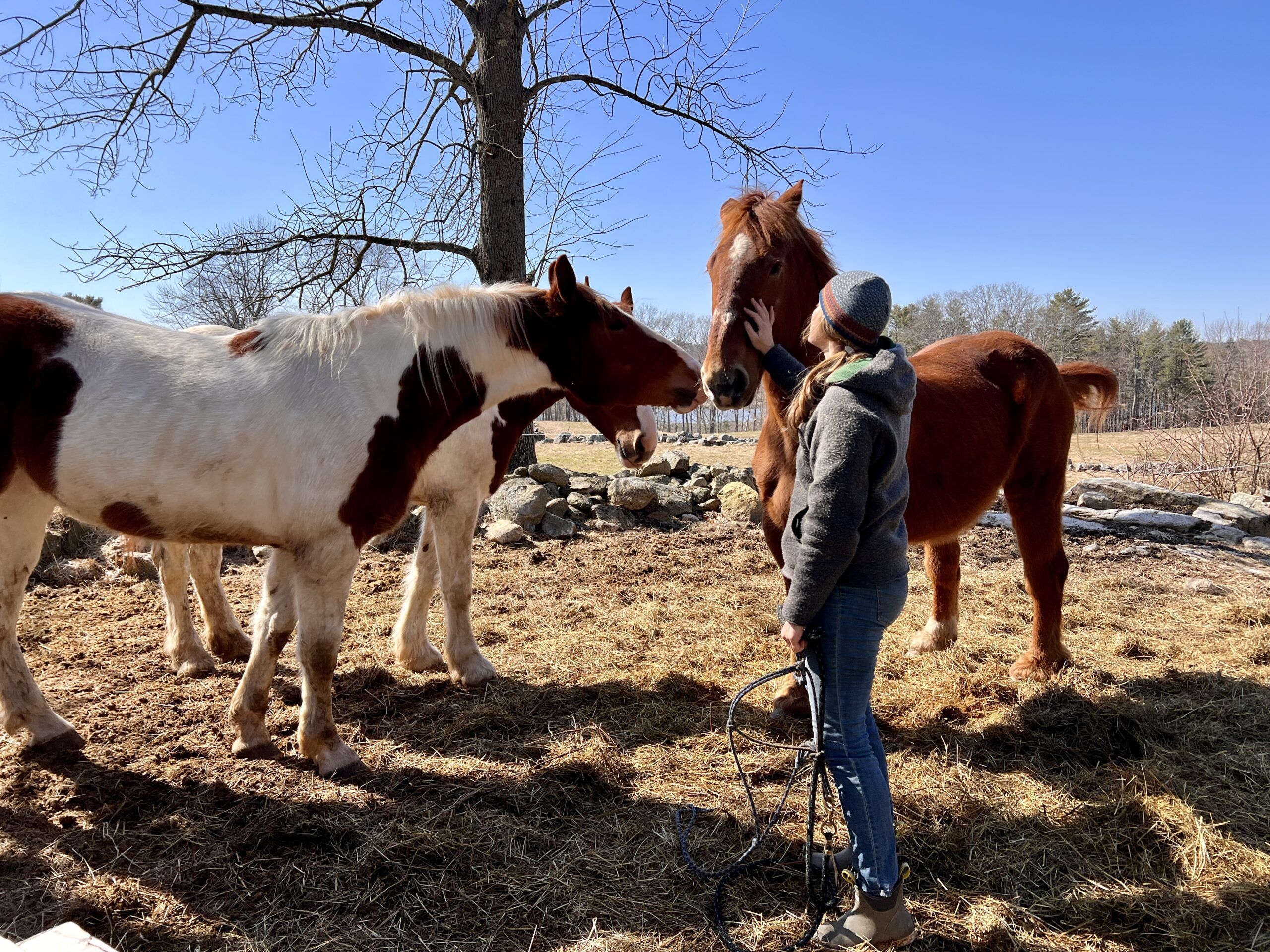
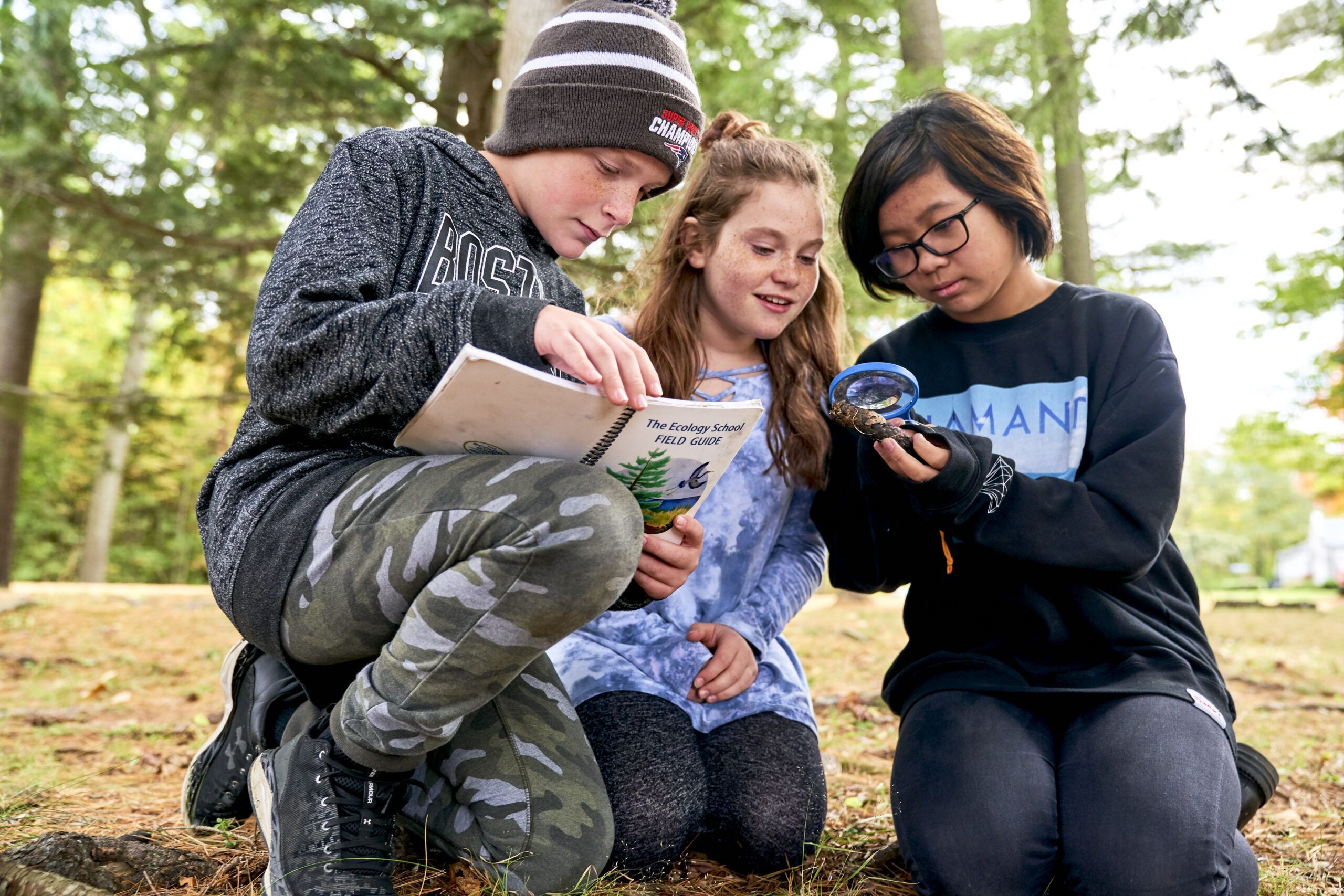
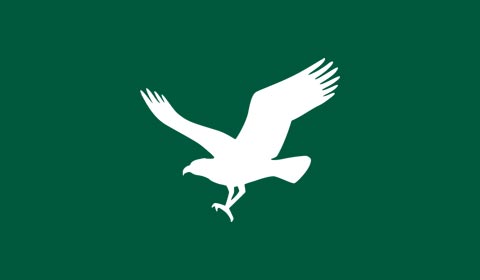

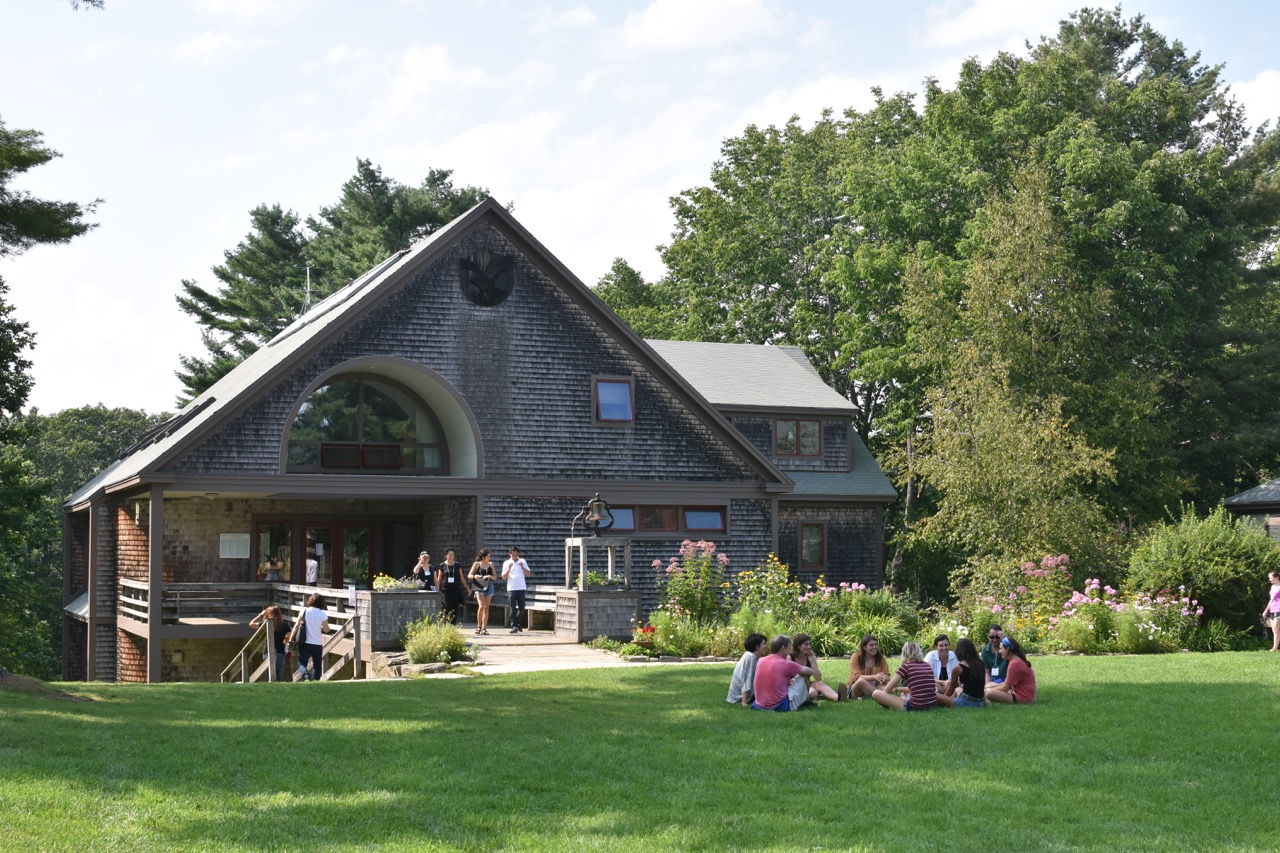

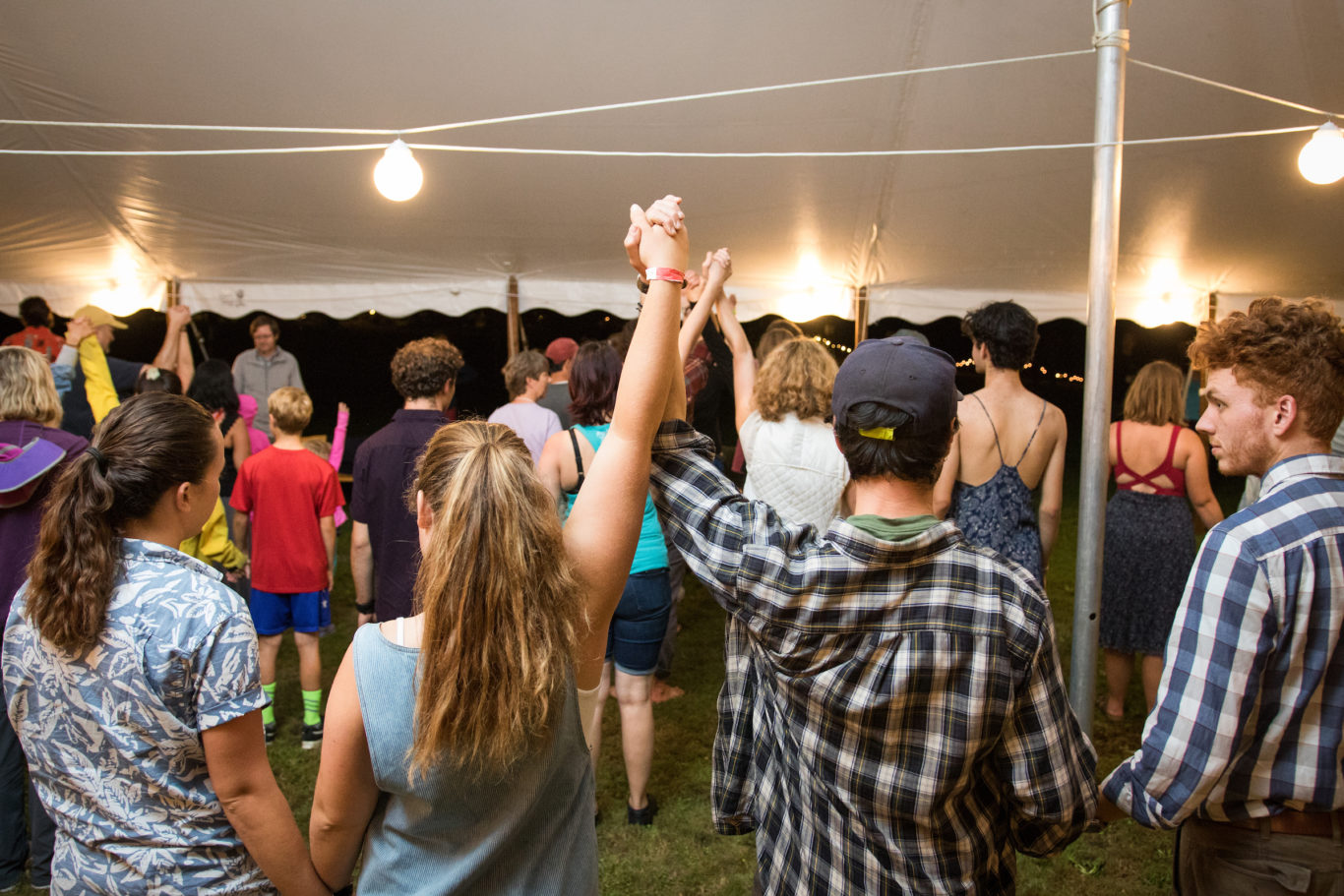
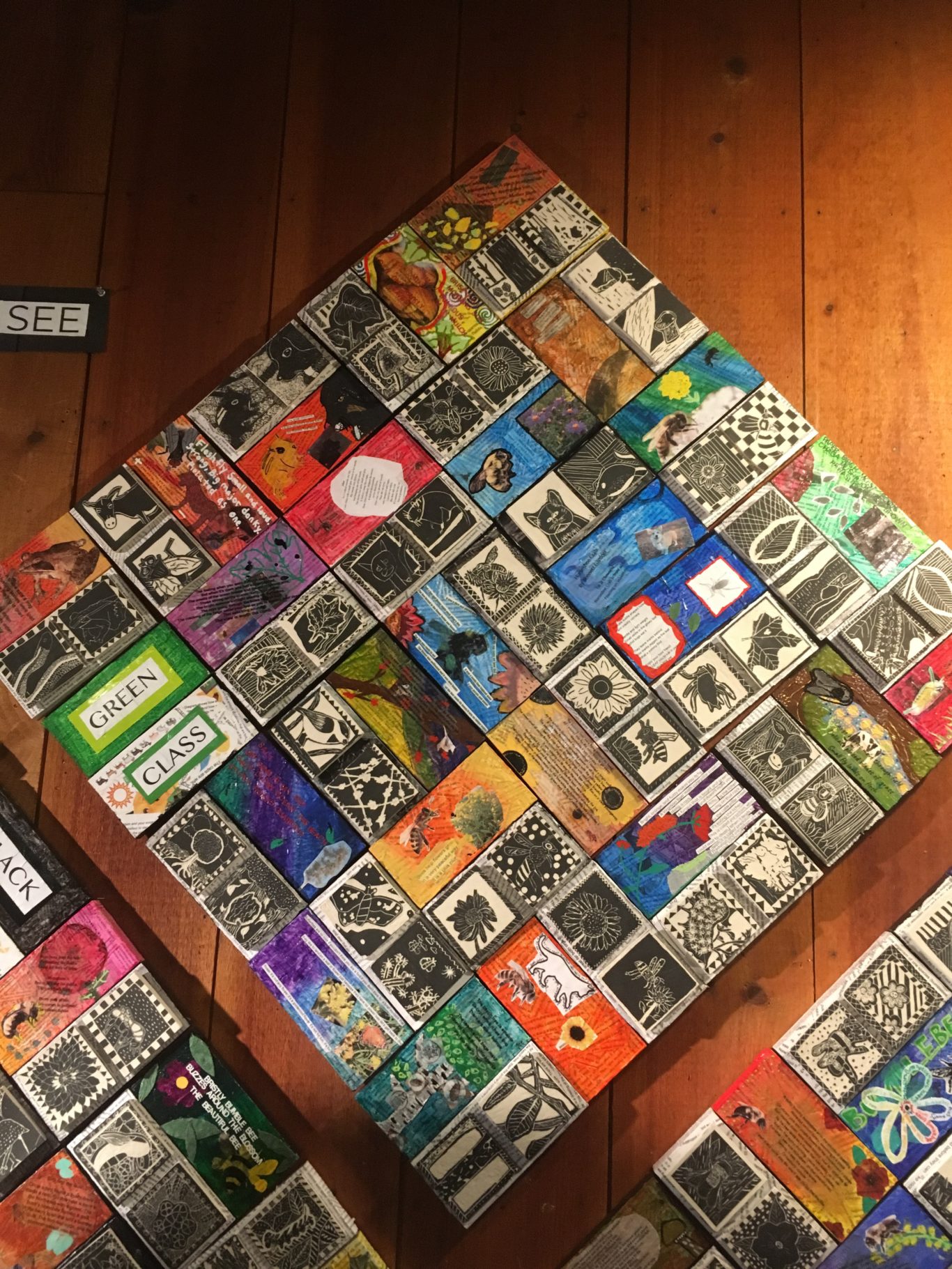
Leave a Reply